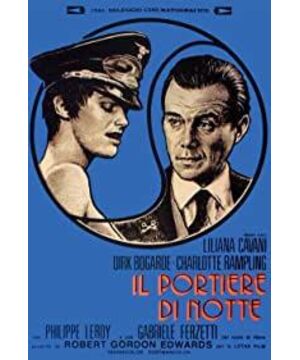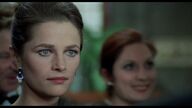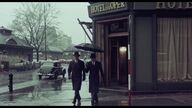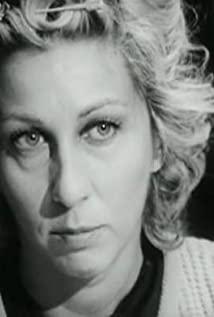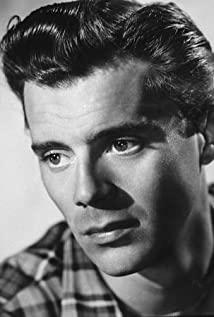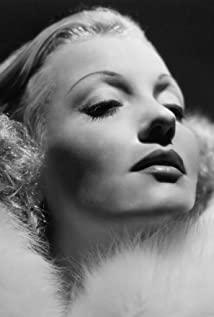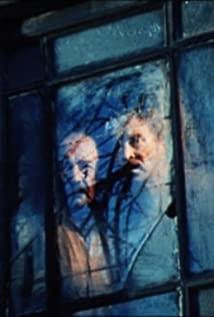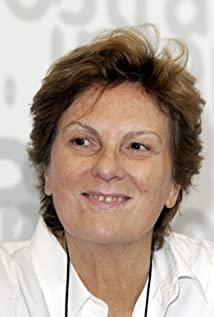First of all, the rhythm connection is not sharp enough, especially in the connection between recalling the concentration camp and the "present tense".
Second, the structure is too long and concise - in fact, those scenes of the concentration camp can be completely erased, even if it is to explain the plot, the remnants of the reunion party after the war is enough.
The third is casting. The director has a vision, but the filming failed to give full play to the advantages of the model (Rampling). Plus, Bogarde got it wrong. He is very unsuitable for the role of an SS officer (in terms of image and temperament). The heroine was chosen very well.
When it comes to creating desire that transcends boundaries, movies tend to overdo it—that is, all-encompassing, going to great lengths to express the power of that (bewitched) desire. However, since it is a desire to go beyond the boundaries, from the perspective of artistic expression, it must be restrained - not to conform to the mean, but to balance the top-heavy form. This film is a typical example of the imbalance between light and heavy: the concentration camp sequence and the final siege and death on the bridge sequence, tearing apart the external form of the film like two poles.
It can be seen that the film is cut into two parts when dealing with the emotional reversal before and after. The content of desire overflows the plane of tension of the form, and so, in the end, dies sloppily, hastily, and ambiguous.
Generally speaking, if a work needs to introduce death as an ending at the end, it must have a lightness to offset the weight of death. Including Faulkner - although he writes pain, he never turns pain into weight.
Therefore, the lack of form in this film greatly reduces the overall effect (in fact, background factors such as concentration camps can be completely eliminated, and only focus on "sadism").
View more about The Night Porter reviews


